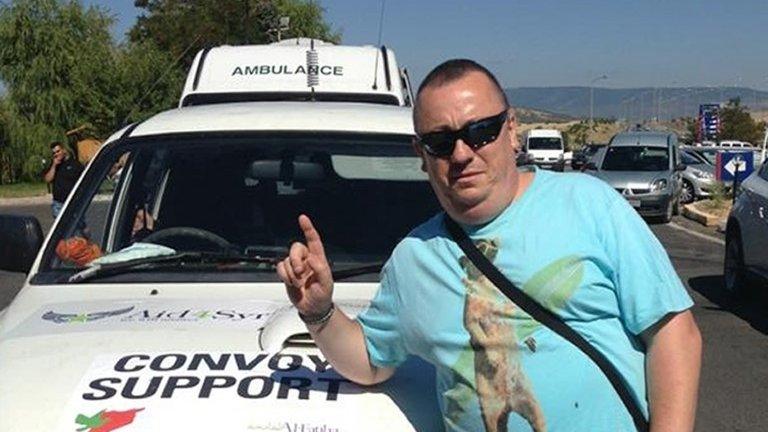Alan Henning: Justice for hostage killed by IS would 'close a chapter'
- Published
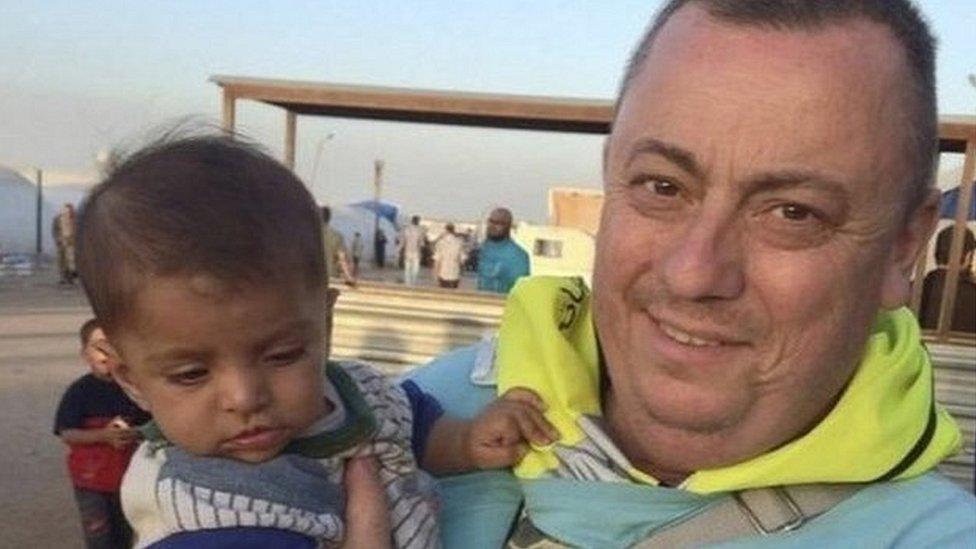
Alan Henning was on his fourth aid mission to Syria when he was captured and killed in 2014
Justice over the killing of aid worker Alan Henning by Islamic State (IS) militants would "close a chapter on the way he died", a friend has said.
The 47-year-old father-of-two from Salford was kidnapped while delivering aid to Syria in 2013.
Suspect Alexanda Kotey has admitted plotting to kill four US hostages and could face further charges in the UK.
Mr Henning's friend, Dr Shameela Islam-Zulfiqar, said achieving justice would allow them to focus on his "legacy".
Dr Islam-Zulfiqar met the taxi driver, from Eccles in Salford when they travelled together to deliver aid to Syria.
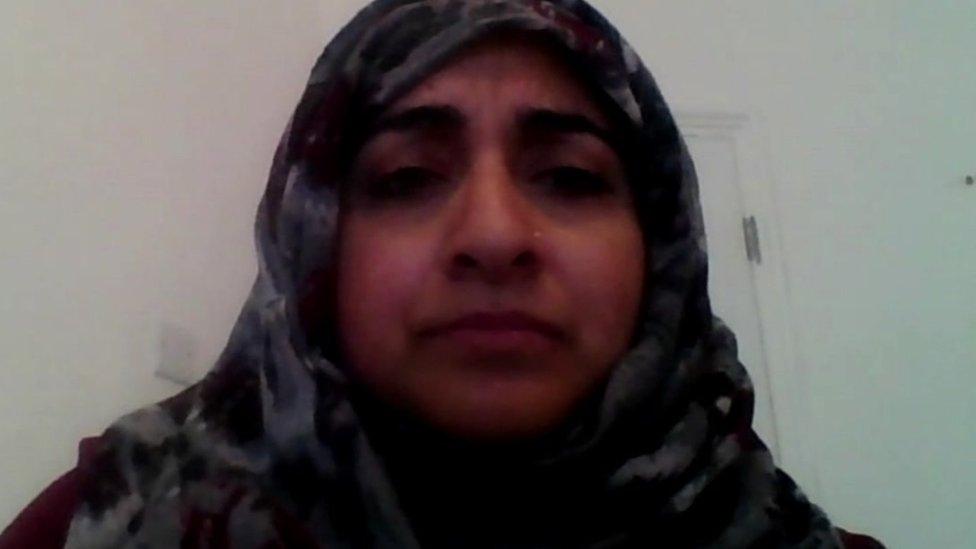
Dr Islam-Zulfiqar met Mr Henning when they travelled together to deliver aid to Syria
She told BBC North West Tonight that he had been "a warm, compassionate and gentle soul", who had "always put the needs of others before his own".
"He paid the ultimate sacrifice for a cause he truly believed in," she added.
Mr Henning was delivering aid to Syria in December 2013 when he was kidnapped and then held hostage by IS.
The 47-year-old father-of-two was on his fourth aid mission to the country and was captured within minutes of arriving.
'Pleased and relieved'
Kotey, from west London, was part of a high-profile quartet dubbed "The Beatles" due to their British accents, who killed hostages in Syria in the mid-2010s and posted graphic footage of their barbarism on the internet.
He was charged in relation to the killings of four American hostages and is suspected of involvement in the killings of others, including Mr Henning and fellow aid worker David Haines, from Perth in Scotland.
As part of the plea agreement, Kotey could be transferred to the UK after spending 15 years behind bars in the US in order to face justice in the country of his birth.
A US federal court on Thursday was told he would plead guilty in the UK and would likely be handed a life sentence for the deaths of Mr Henning and Mr Haines.
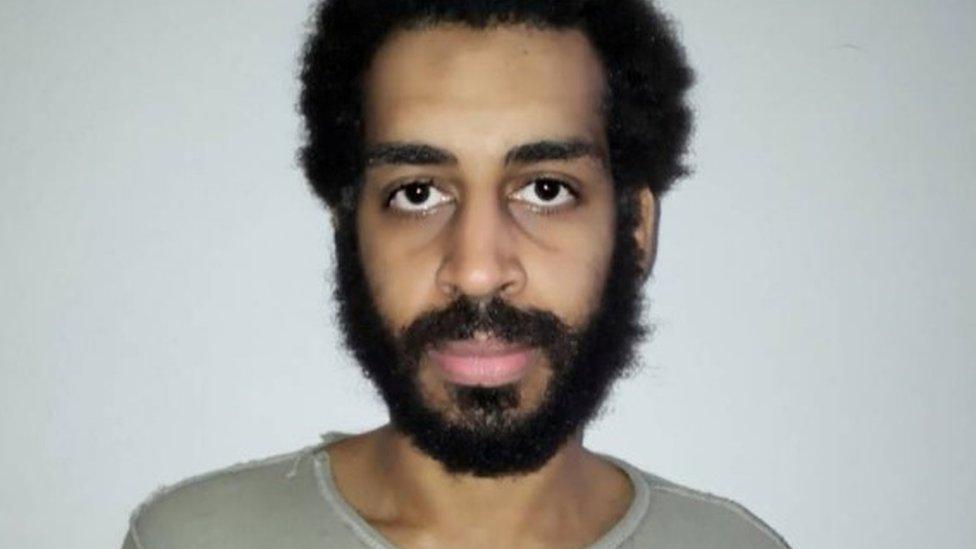
Kotey, from west London, was part of a high-profile quartet dubbed "The Beatles" due to their British accents
Dr Islam-Zulfiqar said she was "pleased and relieved" to hear that Kotey had pleaded guilty and she believed the group he was involved with "should be subjected to the full extent of the law for what they have done".
"If there is an effort to bring him back [to the UK], it's something that his family would welcome and his friends would welcome."
However, she added that it was important "not to lose focus of Alan's legacy and his work".
"It's sad that the focus is all on how Alan died," she said.
"Once these people have been brought to justice, we can focus on what he wanted to do."
She added that it was her firm belief "he would have wanted us to continue supporting people of Syria".

Why not follow BBC North West on Facebook, external, Twitter, external and Instagram, external? You can also send story ideas to northwest.newsonline@bbc.co.uk
Related topics
- Published3 September 2021
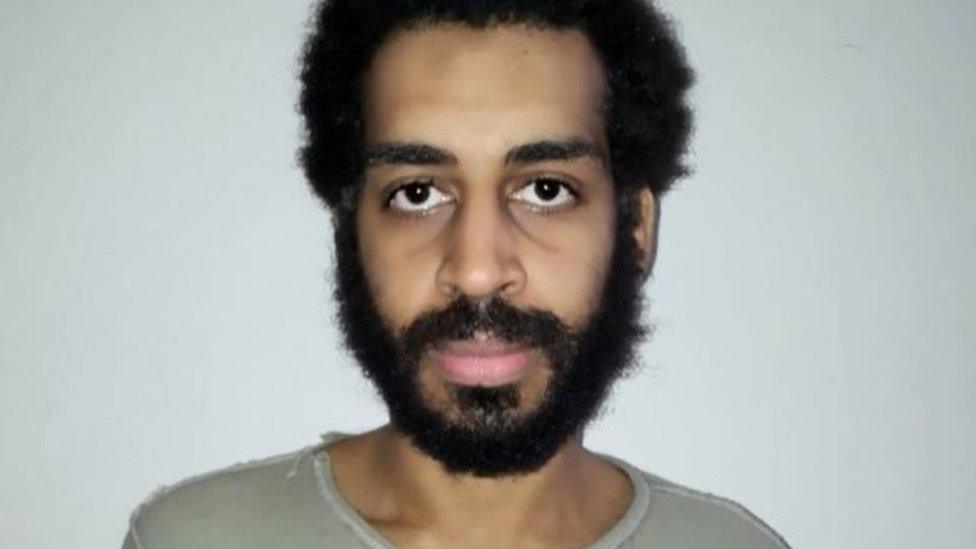
- Published2 October 2020

- Published1 April 2020
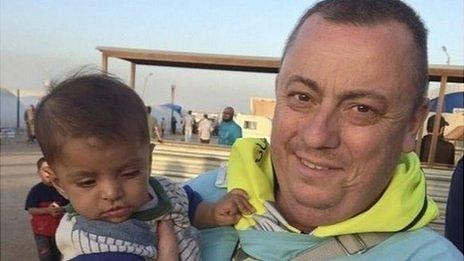
- Published19 July 2019

- Published18 May 2016
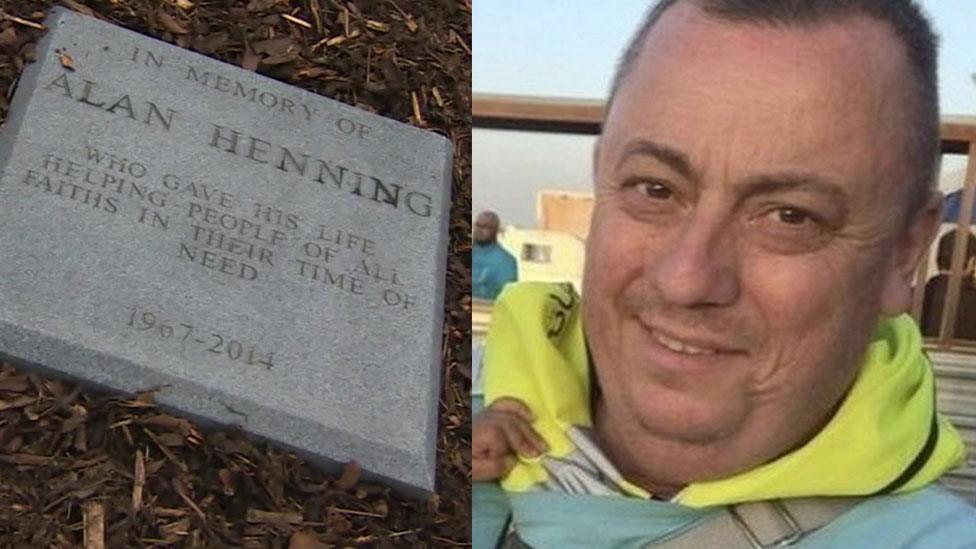
- Published3 October 2015
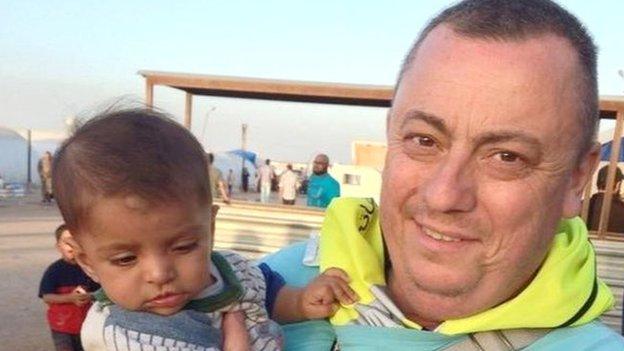
- Published12 October 2014
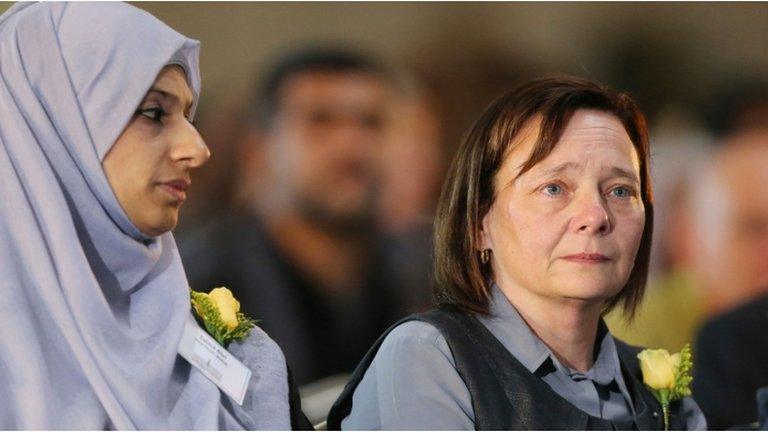
- Published4 October 2014
